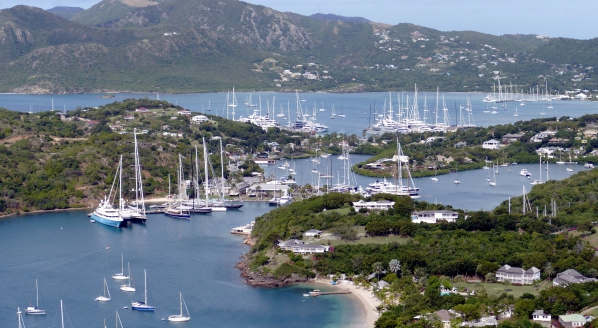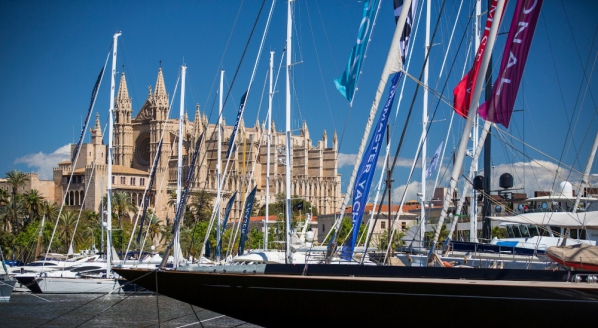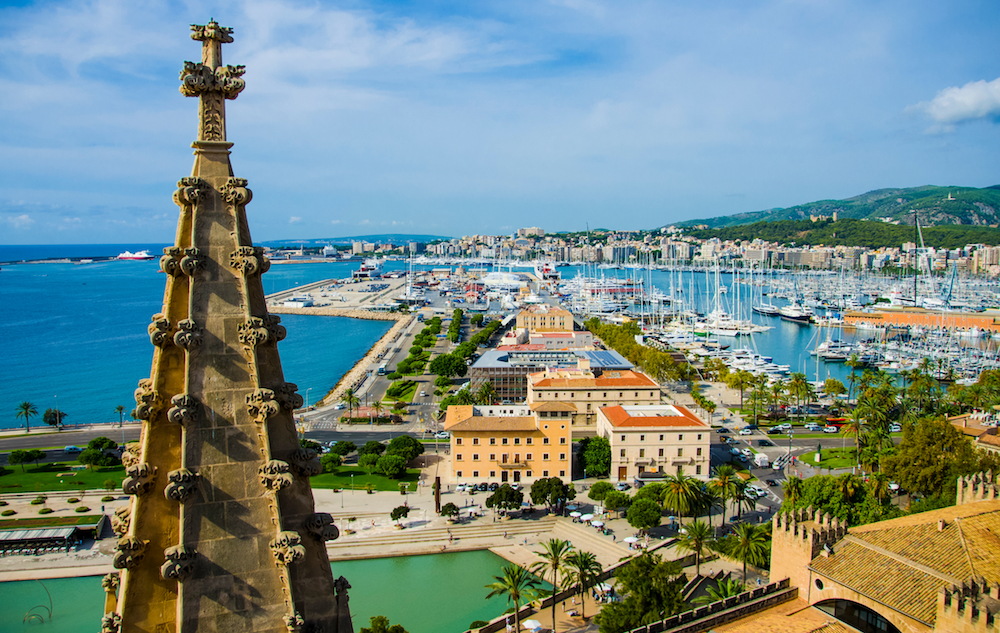Spain’s state of alarm and its impact on arriving superyachts
Miguel Ángel Serra, partner at Albors Galiano Portales, advises yachts entering Spain of the current restrictions…
Following the declaration of a state of alarm in Spain on Saturday 14 March, in response to the COVID-19 outbreak, the country has been put on lockdown and all ‘non-essential’ movement has been restricted. Entered into force on 19 March, the Spanish Minister of Transport has issued an order establishing transport measures in Spanish ports.
The order prohibits all recreational vessels, private and commercial, from entering certain Spanish ports, regardless of its place of origin, with exceptions only in extreme humanitarian, medical or public interest circumstances. The prohibition will remain in effect until the end of the state of alarm or until there are circumstances that justify a new order modifying the current terms.
Miguel Ángel Serra, partner at Albors Galiano Portales, advises that the prohibition applies to both state and regional ports in the Balearic and Canary Islands, as well as regional ports in Valencia, Alicante and Castellón (as approved in two resolutions by the Valencian Government the day before the state orders). However, entering ports with industrial facilities in those areas for refit and repair purposes is currently allowed as it has not been prohibited by the relevant regulations.
For the regional ports of Cataluña, which includes the coastal provinces of Barcelona, Tarragona and Girona, it is ‘recommended’ that vessels do not enter unless there is an emergency. If entry is authorised, those on board will be subject to the same movement restrictions as the rest of the population.
For other Spanish state ports with marinas inside, for example Marina Port Vell or Port Tarraco, there are no specific prohibitions and, therefore, vessels can book berths and enter the marinas. “Although police will immediately inform the crew and other occupants of the confinement measures, which should be followed in the same way as the rest of the population,” says Serra. “If someone on board has a residence in the city, they will be allowed to move and comply with the confinement measures from there.”
For other Spanish regional ports not mentioned above, there are no specific prohibitions, although the same security protocols will have to be followed. Only the Spanish autonomous cities of Ceuta and Melilla are able to prohibit vessels entry to ports due to the health and safety risk of their citizens. “However, after talking with the relevant port authorities, as they are located on the route of yachts coming back from Caribbean to the Med, they are in the best position to help, when required, for authorisation to enter those ports,” continues Serra. Again, with the same movement restrictions applied as the rest of the Spanish territory.
It is also important to bear in mind that, on 17 March, EU leaders decided to close the external borders of the EU to citizens of third-party countries for at least 30 days. Therefore, any ‘non-essential travel’ into the EU area (including Schengen member states and Schengen association states) is restricted.
“We are aware that, before the EU border closure took place, many yachts left the Caribbean for the Mediterranean to prepare for their summer season,” Serra adds. “I would recommend that these yachts contact the port authorities of ports that can be accessed, as mentioned previously, to request authorisation to stay, and should communicate the time period and reason of stay, as well as the number and identity of persons on board. We can help to manage those steps with the relevant authorities.”
Finally, Serra recommends that, for yachts still in the Caribbean, the best thing to do is to remain there until the situation is under more control. “This is because measures are changing dynamically based on the evolution of the pandemic and, regardless of the current situation, things may change and it is not advisable to cross the Atlantic if you are unsure of what you will find on the other side,” he explains. “For those yachts that are already en route to the Med and trying to enter a port on arrival, we can help to find a proper port to stay during quarantine.”
NEW: Sign up for SuperyachtNewsweek!
Get the latest weekly news, in-depth reports, intelligence, and strategic insights, delivered directly from The Superyacht Group's editors and market analysts.
Stay at the forefront of the superyacht industry with SuperyachtNewsweek
Click here to become part of The Superyacht Group community, and join us in our mission to make this industry accessible to all, and prosperous for the long-term. We are offering access to the superyacht industry’s most comprehensive and longstanding archive of business-critical information, as well as a comprehensive, real-time superyacht fleet database, for just £10 per month, because we are One Industry with One Mission. Sign up here.
Related news

Travel restrictions impact superyachts in the Caribbean
A number of Caribbean islands are implementing measures to slow the spread of COVID-19
Business

Coronavirus outbreak disrupts spring show season
While the Palma Superyacht Show has been postponed, both of LYBRA’s Superyacht Shows have been cancelled
Business

Update: Second major boat show of the year postponed due to Coronavirus
Dubai International Boat Show will be postponed to 24-28 November 2020
Business

Coronavirus update from Italy
SuperyachtNews investigates a growing level of hysteria that could impact the industry
Business

Coronavirus: preventative measures and advice for the maritime industry
Information provided by the IMO and the WHO
Crew
Related news
Coronavirus outbreak disrupts spring show season
6 years ago
Coronavirus update from Italy
6 years ago
NEW: Sign up for
SuperyachtNewsweek!
Get the latest weekly news, in-depth reports, intelligence, and strategic insights, delivered directly from The Superyacht Group's editors and market analysts.
Stay at the forefront of the superyacht industry with SuperyachtNewsweek




